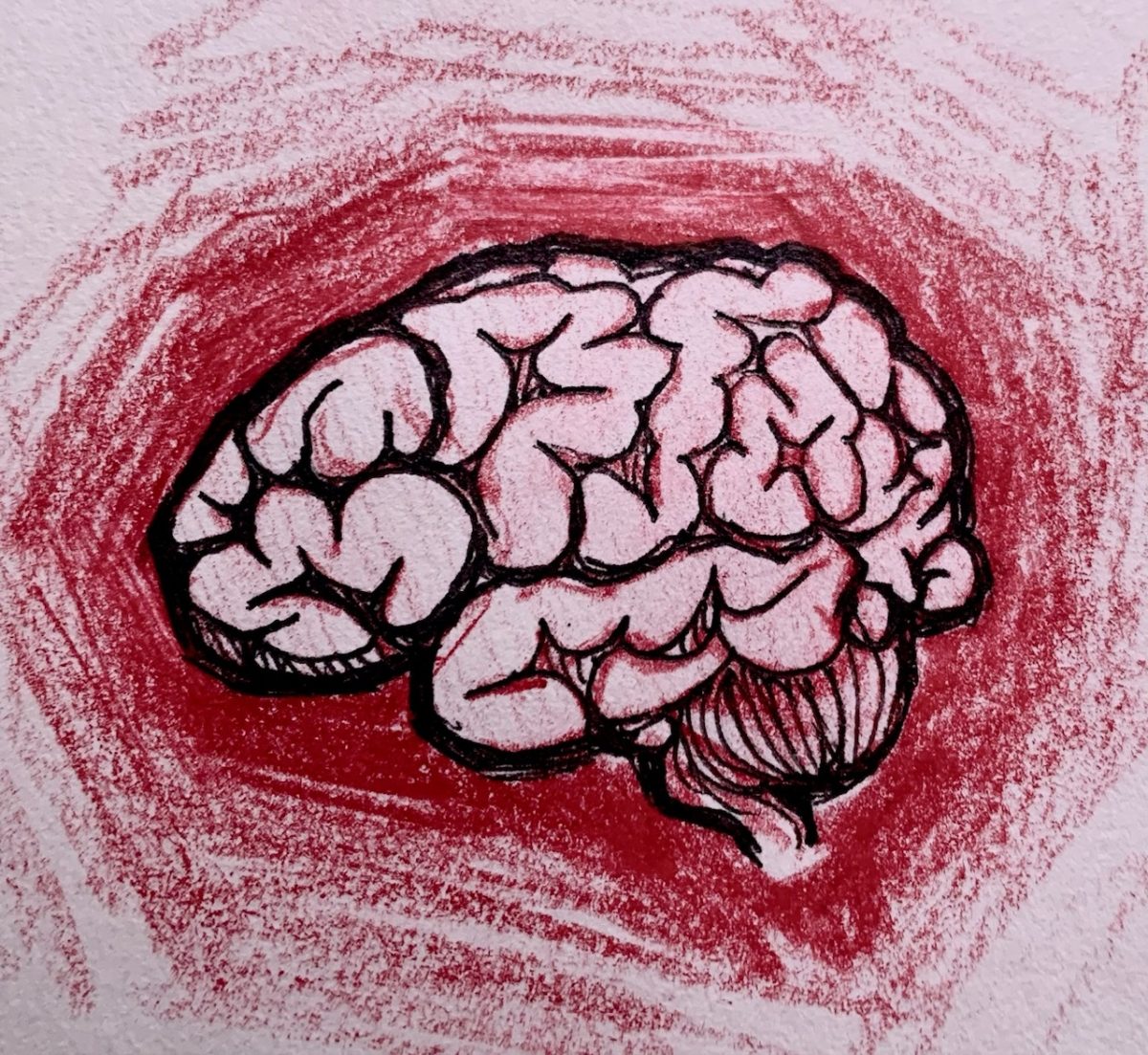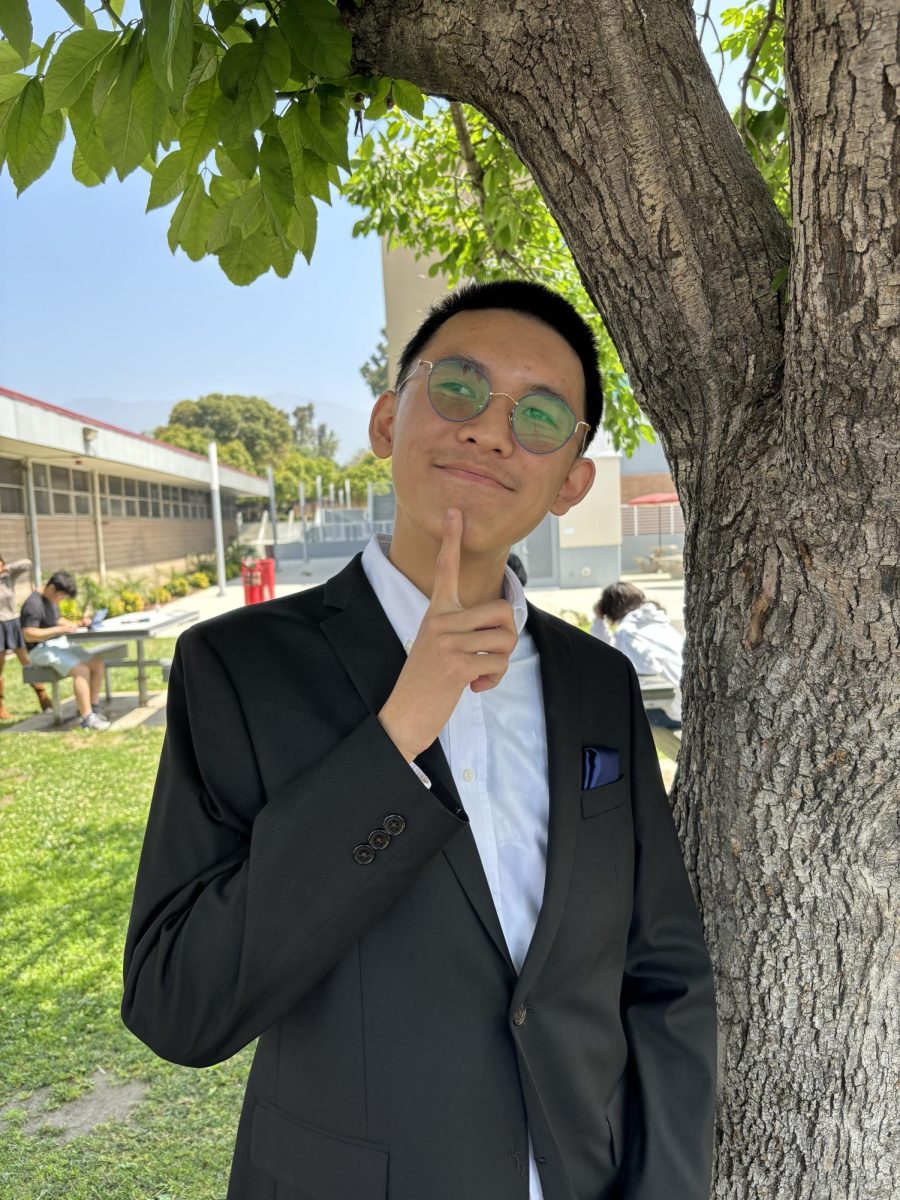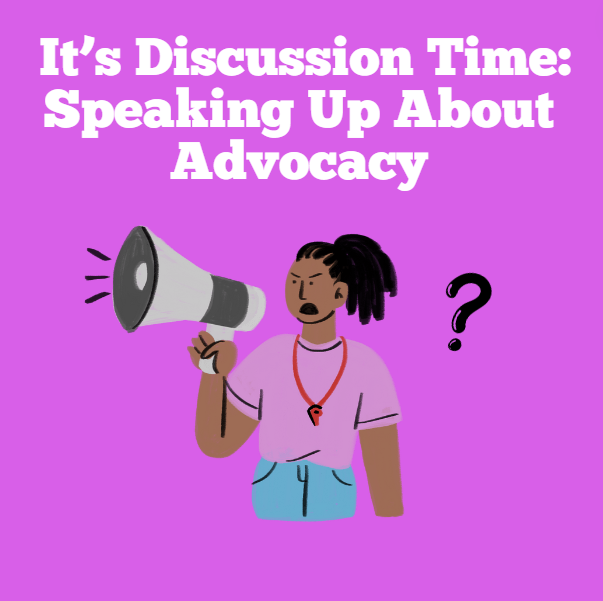Songs aren’t just songs anymore, they’re TikTok songs. Trends aren’t spread over months by magazines and models, they’re liked, shared, and bought in seconds through Instagram. Words are no longer from the dictionary but created through hashtags. TikTok videos continue to get shorter and shorter, and the amount of times adults and children check their phones per day has skyrocketed. Our dependence on the world of social media is only strengthening. Too many people are using special media for the short-term benefit and are ignoring the long-term effects. Time spent on social media has decreased our memory, retention, and on the neurological side, our anterior cingulate cortex.
In the last year, there have been several movements to limit social media use. In that time, 350 lawsuits were filed against social media companies by over 2,000 families. These lawsuits claim that companies know the harm they are causing, but instead of addressing the issues, they continue to encourage minors to use their platforms.
Outside of the courts, state legislatures are working to combat parental concerns. One example is New York, where two bills have been introduced that would limit minors’ access to apps and notifications from 12 a.m. to 6 a.m. The bill would also give parents complete control over what apps their children are allowed to use. Bills such as these or the congressional hearings about TikTok, have been sparked due to new information about how social media is changing the way children, teenagers, and adults behave.
On average, a person spends 2 hours and 30 minutes on social media every day. That is about 912 hours every year. When an activity takes this much time out of our lives, it is bound to make an impact. There is a reason why TikTok videos keep getting shorter and shorter, and it’s because human attention spans have been lowered as an effect of social media use. In 2000, it was found that humans had an attention span of about twelve seconds. Now, in 2023, that number has decreased to just over eight seconds. The saddest fact about this is that goldfish, animals known for their lack of memory, have an attention span of nine seconds.
Ted Lasso tried to teach us that we need to be more like goldfish: forget and move on, but society has taken that too seriously. Right now, humans are being outdone by tiny orange fish, our mental capacities are deteriorating. When our attention span diminishes, we become less able to focus on tasks and get distracted more easily. This directly translates to decreasing neuroplasticity, the brain’s capacity to change, reorganize, or grow neural networks. As this continues to worsen throughout the next couple of years, our work ethic will change as well.
With the constant scrolling through posts and scanning keywords, our vocabulary has also changed. Due to the nature of social media platforms, sentences have been cut to merely nouns and verbs. Word choices within sentences have also drastically changed, and acronyms have become an even bigger part of our daily lives. Lol and btw, classic acronyms, are now seen as uninteresting, uninspiring, and unoriginal. The acronyms more frequently used are tmrw, rn, lmk, or lmao.
Social media not only changes the acronyms that are used but also brings back old words in new ways. The most recent addition has been the word “yap”. The word originated in the 1600s but has now made a comeback in the 2000s. Currently, it is impossible to walk into a class without hearing someone say “Stop yapping”. This constant adaptation of words and phrases is starting to seep into our education as well. Teachers have talked about how they have seen an increase in students writing ur in their essays instead of your. As students spend so much time on social media, the way they act online changes how they act in person, graying the divide between the two behaviors.
What this all means is that we need to be ready to acknowledge the fact that our futures and careers are currently being affected by our social media usage. The effects are real and need to be understood. Our brain and how it functions is already changing how we learn in school and will change our ability to work in the future. In a couple of years, we may all just be acting like the same unoriginal group of NPCs. With all of its harms, social media honestly should just come with a warning label. Please, for the sake of humanity, make sure your brain has not worsened to the point where you add “professional yapper” to your resume.

















